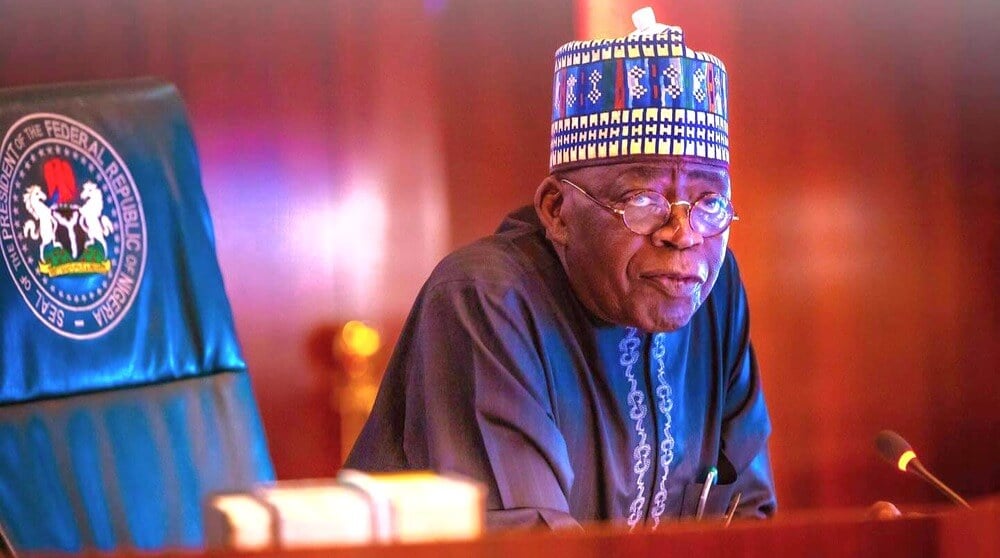The Nigerian Naira has continued to appreciate against the US dollar at the official foreign exchange market, with the latest data from the Central Bank of Nigeria indicating a slight gain. On Tuesday, the Naira traded at N1,506.09, representing a marginal strengthening of N0.75 against the dollar compared to the previous day’s rate of N1,506.84.
This development is notable, given the country’s external reserves, which have swelled to $41.57 billion as of September 8, 2025, up from $41.54 billion on September 4. The increase in reserves is a positive indication of the country’s economic stability and its ability to meet international payment obligations.
In contrast, the black market exchange rate remained stable, with the Naira trading at N1,530 per dollar on Tuesday, unchanged from the previous day. The stability in the black market rate suggests that the official exchange rate is having a positive impact on the currency’s value.
Speaking at the 18th Annual Banking and Finance Conference, organized by the Chartered Institute of Bankers of Nigeria, Central Bank of Nigeria Governor Olayemi Cardoso outlined the country’s targets for diaspora remittances. According to Cardoso, Nigeria aims to attract $1 billion in diaspora reserves by 2026, a move that is expected to boost the country’s foreign exchange earnings and support economic growth.
The appreciation of the Naira and the growth in external reserves are significant developments for Nigeria’s economy, which has been working to recover from the impact of the COVID-19 pandemic and other global economic challenges. As the country continues to implement policies aimed at stabilizing the currency and attracting foreign investment, the latest developments are likely to have a positive impact on trade and commerce.
With the external reserves reaching a new high, Nigeria is well-positioned to meet its international payment obligations and support economic growth. The country’s efforts to attract diaspora remittances are also expected to contribute to the growth of the economy, as remittances from Nigerians living abroad can provide a significant source of foreign exchange earnings. As the economy continues to evolve, it is likely that the Naira will remain a key focus area for policymakers and investors alike.



